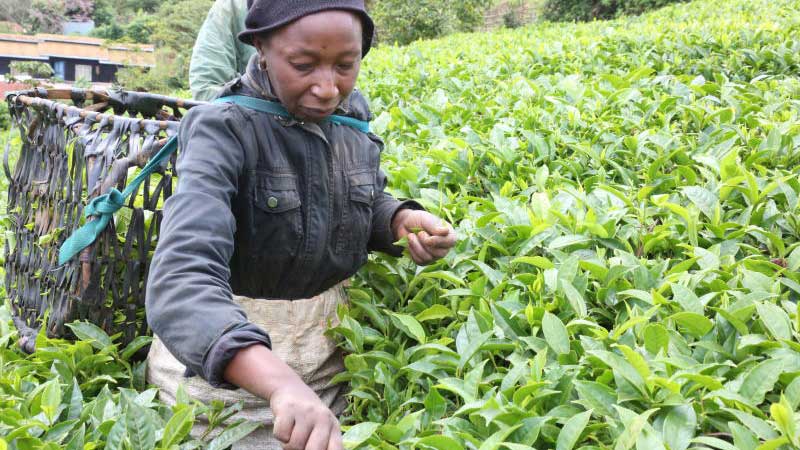×
The Standard e-Paper
Fearless, Trusted News

The tea sector is under threat from increased green leaf hawking in the Mt Kenya region.
The practice, which has been prevalent in the Rift Valley and Western regions, is now slowly creeping into tea-growing zones in Kiambu, Murang'a, Nyeri, Kirinyaga and Meru counties.